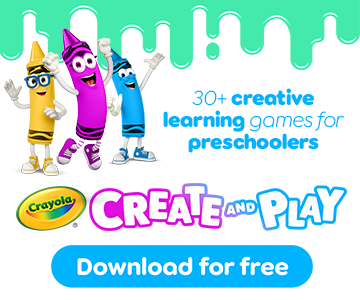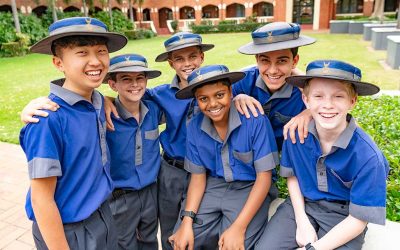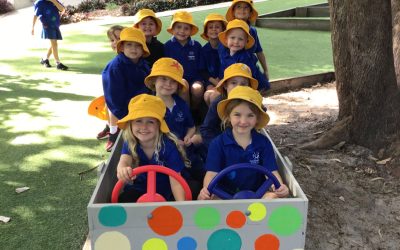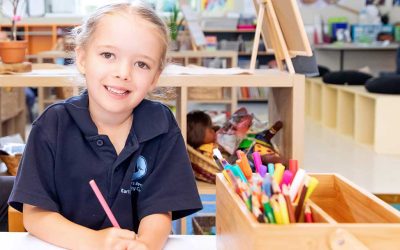It is an often-asked question: What should my child be able to do when starting Prep? Sunshine Coast Grammar School Dean Rachelle Brutnell joins us to share what really matters when starting Prep.
If we begin with the end in mind and consider the type of learner we see your child becoming, most would agree the ideal learner is one who loves learning, collaborates with others and actively seeks to gain independent skills and knowledge about the world around them.
So how do we get them there?
Education is about valuing all the stages of development and recognising there is no end to being a learner. It’s not a race, and there are a multitude of paths that children will create and take on their own journey, which begins at birth (if not before). It is a mindset as much as skillset, and setting your child up for success requires bucketloads of positive encouragement.
At Sunshine Coast Grammar, our Prep team value each child and the character strengths they bring. Along with recognising the journey that they have already begun.
The following areas of child development and learning to be considered prior to starting Prep.
Oral language.
We love our learners to engage in regular conversations to develop the skills to converse as well as to foster their speech and language development. We recommend students who display speech difficulties be assessed by a speech pathologist as early as possible as early intervention is key to assisting in children’s’ long term educational outcomes. We work closely with speech pathologists here at Grammar.
A love of books.
Children need endless opportunities to be exposed to great literature and to enjoy hearing and playing with language and vocabulary. Being able to say, enjoy and recite familiar nursery rhymes is highly valued.
Gross Motor Skills.
We value students having time to actively develop their bodies which plays an important role in developing sustained concentration, motor planning, coordination and positive learning dispositions. A Perceptual Motor Program with core strength and large arm muscle movements (painting on easels) is beneficial. Prep students at Grammar participate in PMP three times a week in addition to PE lessons.
Fine Motor Skills.
Creating opportunities for learners to participate in a variety of fine motor skill development – threading, LEGO, mobilo, drawing, painting, playdough, cutting. Although some young learners have a willingness to write, it is not an expectation when starting Prep. Most children do demonstrate writing their name and we value a focus on letter formation, starting with a capital and teaching the rest in lowercase. Writing habits develop quickly and it can be a greater challenge to correct poor formation than teaching from the start of Prep.
Alphabet Knowledge.
We would expect most learners can recognise their own name and identify the letters in their name when starting Prep. Children are more likely to engaged in letters and sounds that have meaning to them. The letters in ‘Mum’, ‘Dad’ and sibling’s names are commonly acquired. Fun games like eye spy something that begins with the sound ‘ssss’ can assist children to tune into sounds in words. If your child is interested in learning the alphabet we encourage you to support them to learn both the letter names and the sounds the letters make.
Love of Learning.
We believe our learners should bounce through the door each day. To develop a life-long love of learning it is important children are nurtured to have a growth mindset. Mistakes are okay, attempts are valued, you need courage to try new things and know the power of YET. Parents and early childhood educators can have significant impact on nurturing a growth mindset in children. Particularly through adults modelling that they too make mistakes, need courage to try new things and can learn new skills through persistence.
Personal and Social Development.
Viewing students as capable and allowing children to grow in independence where they are skilled to do so. Opening containers, managing lunch items and personal belongings. Basic personal hygiene and independent use of the bathroom is expected. Children are usually willing to learn and play with others and are on the journey to developing self-awareness of big emotions.
Curiosity and Thinking.
At Sunshine Coast Grammar, we nurture the learning assets of inquiry. We support our students to be self-managers, thinkers, collaborators, researchers and communicators. We value the natural curiosity in children and encourage questioning from our teachers and learners to drive student agency.
By Rachelle Brutnell
Sunshine Coast Grammar School, Dean Prep – Year 2
Related Stories:
Why a prep transition program really matters
How inquiry learning is helping little ones grow at Sunshine Coast Grammar School





